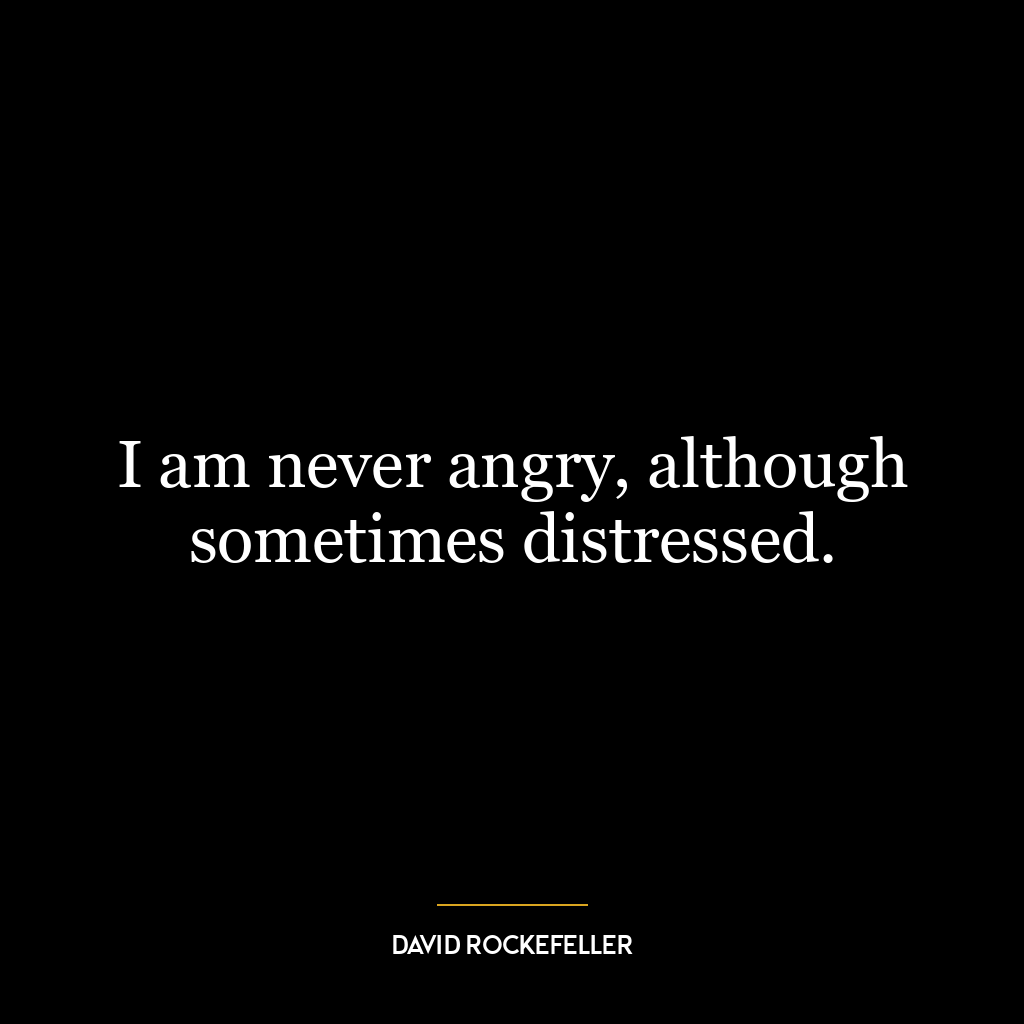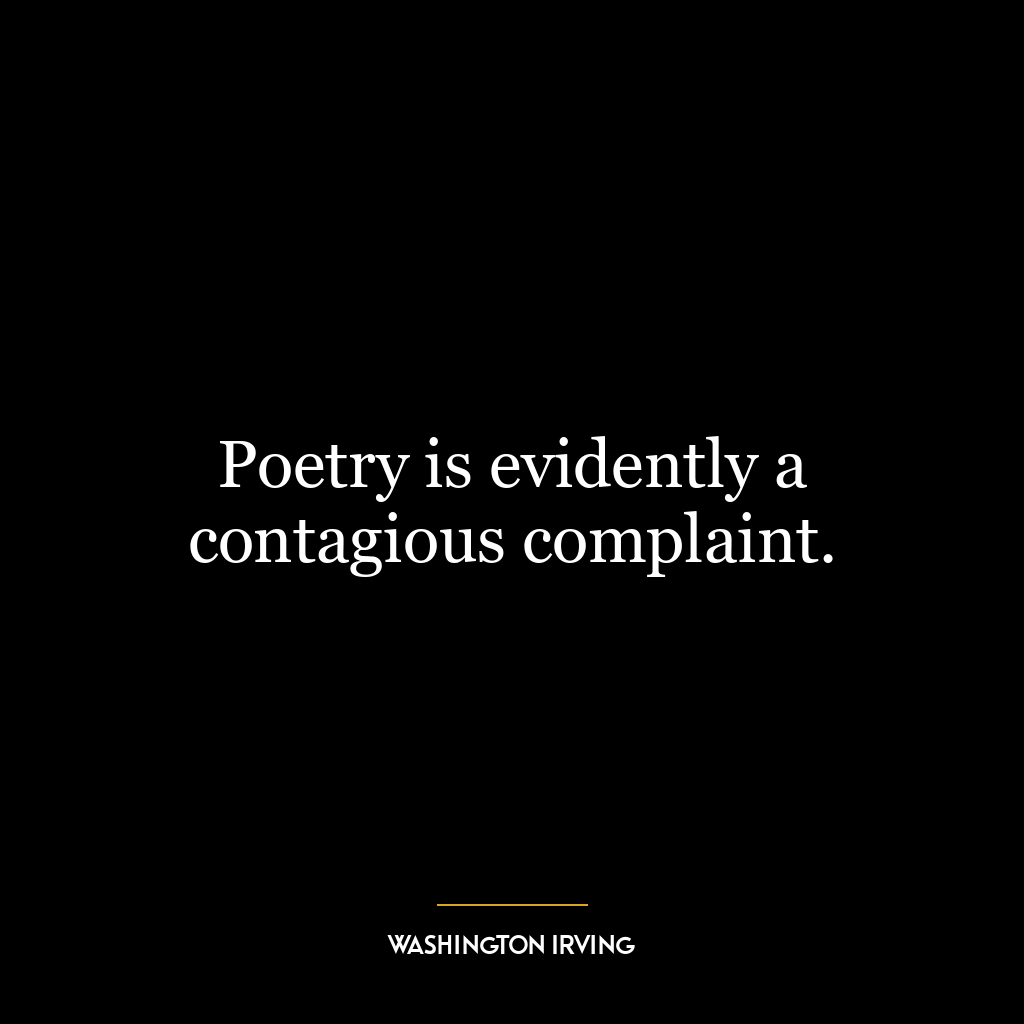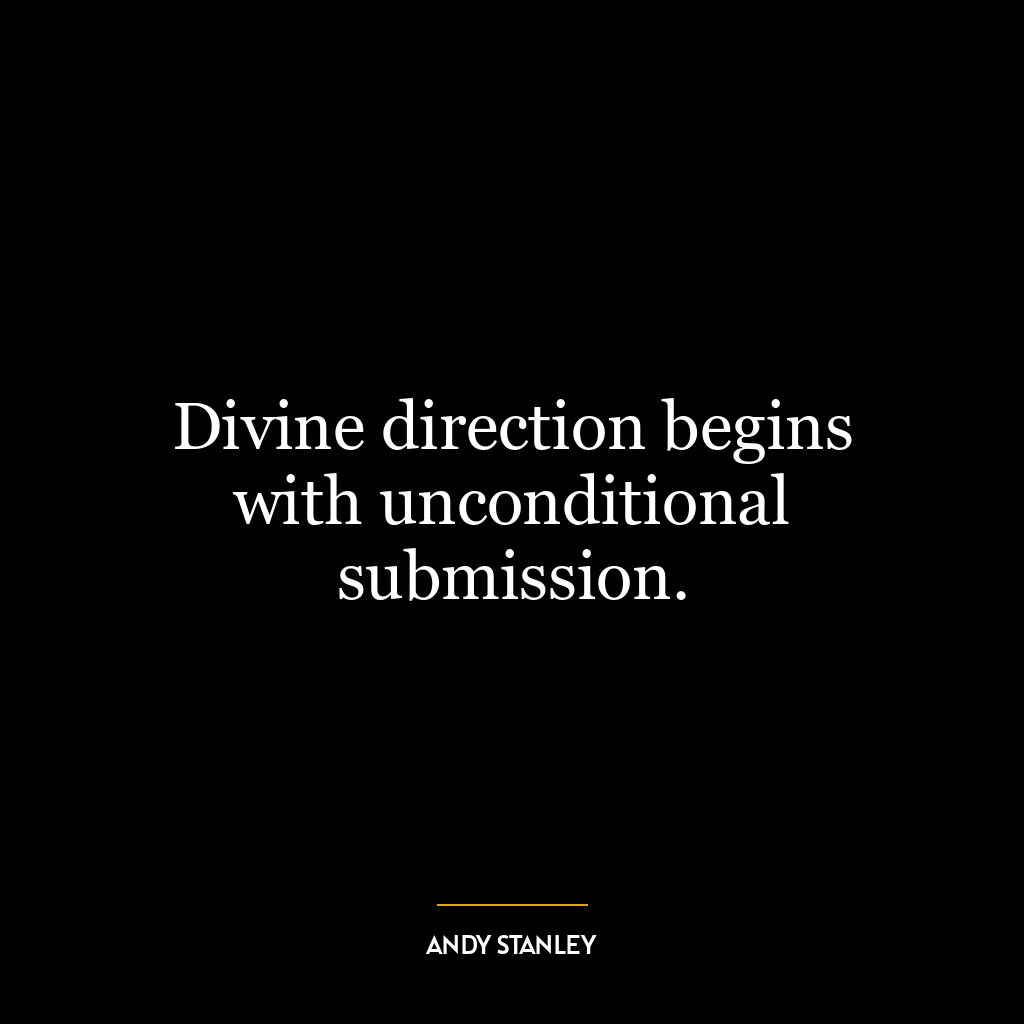'Discrimination' Quotes
Discrimination quotes have played a crucial role in shedding light on the injustices and inequalities faced by marginalized communities. These powerful words have served as a call to action, inspiring individuals and society to fight against discrimination and promote equality. From Martin Luther Ki…Read More
Discrimination quotes have played a crucial role in shedding light on the injustices and inequalities faced by marginalized communities. These powerful words have served as a call to action, inspiring individuals and society to fight against discrimination and promote equality. From Martin Luther King Jr.’s iconic “I have a dream” speech to Nelson Mandela’s “No one is born hating another person,” these quotes have become symbols of hope and resilience in the face of discrimination. They have also served as a reminder of the progress that still needs to be made in creating a more inclusive and just society. Discrimination quotes continue to hold immense significance, serving as a source of motivation and inspiration for generations to come.Read Less
Discrimination quotes have played a crucial role in shedding light on the injustices and inequalities faced by marginalized communities. These powerful words have served as a call to action, inspiring individuals and society to fight against discrimination and promote equality. From Martin Luther King Jr.’s iconic “I have a dream” speech to Nelson Mandela’s “No one is born hating another person,” these quotes have become symbols of hope and resilience in the face of discrimination. They have also served as a reminder of the progress that still needs to be made in creating a more inclusive and just society. Discrimination quotes continue to hold immense significance, serving as a source of motivation and inspiration for generations to come.
112 Striking 'Discrimination' Quotations and Sayings
Discrimination – Symbolic Value
Discrimination is a term that carries a heavy symbolic value, representing the unjust treatment of individuals or groups based on their race, gender, religion, sexual orientation, or other characteristics. It is a concept that has been deeply ingrained in our society and has a long history of causing harm and division.The word discrimination comes from the Latin word “discriminare,” which means to distinguish or separate. In its most basic form, discrimination is the act of treating someone differently based on their perceived differences. However, the symbolic value of discrimination goes far beyond this simple definition.
Discrimination – Cultural and Historical Significance
Discrimination has played a significant role in shaping our cultural and historical landscape. Throughout history, various groups have been discriminated against, leading to systemic oppression and inequality. From the enslavement of African Americans to the persecution of Jews during the Holocaust, discrimination has been used as a tool to maintain power and control over certain groups.Even today, discrimination continues to be a prevalent issue in our society. People of color, LGBTQ+ individuals, and religious minorities still face discrimination in various forms, such as unequal treatment in the workplace, housing, and education. The cultural and historical significance of discrimination highlights the need for ongoing efforts to combat it and promote equality and inclusivity.
Discrimination – Common Themes in Motivational Contexts
Discrimination is often motivated by fear, ignorance, and a desire for power and control. These underlying themes can be seen in various contexts, from individual acts of discrimination to systemic discrimination within institutions and organizations.Fear is a common motivator for discrimination, as people often fear what they do not understand. This fear can lead to prejudice and stereotypes, which can then manifest into discriminatory actions. Ignorance also plays a significant role in discrimination, as people may hold biased beliefs and attitudes due to a lack of exposure to diverse perspectives.
Discrimination – Portrayal in Art and Media
Art and media have long been used as a platform to shed light on social issues, including discrimination. From literature to film and music, many works of art have explored the impact of discrimination on individuals and society as a whole.For example, the novel “To Kill a Mockingbird” by Harper Lee portrays the discrimination faced by African Americans in the 1930s through the eyes of a young girl. The film “Philadelphia” highlights the discrimination faced by the LGBTQ+ community, particularly in the workplace. These works of art not only bring attention to the issue of discrimination but also humanize those who have been affected by it.
Discrimination – Impact on Understanding of Life and Society
The concept of discrimination has a significant impact on our understanding of life and society. It highlights the inequalities and injustices that exist and the need for ongoing efforts to promote equality and inclusivity.Discrimination also affects individuals on a personal level, leading to feelings of isolation, self-doubt, and low self-esteem. It can also have a ripple effect, as discrimination towards one group can create a sense of division and animosity within society.In conclusion, discrimination is a complex and multifaceted concept that carries a heavy symbolic value. It has a long history of causing harm and division, and its impact can be seen in various aspects of life and society. By understanding the cultural and historical significance of discrimination and recognizing the common themes that motivate it, we can work towards creating a more inclusive and equitable society for all.






